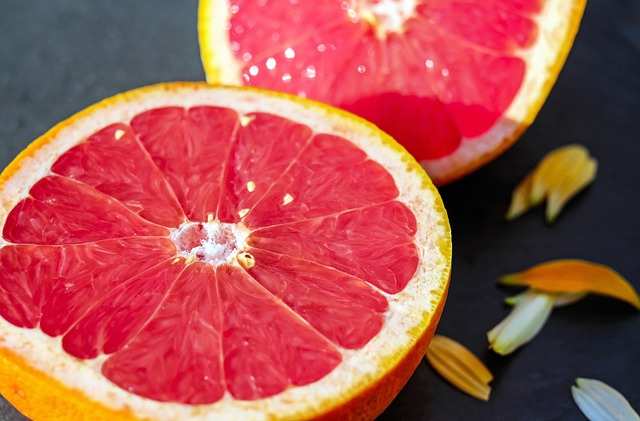Probiotics vs. Prebiotics: What’s the Difference and Which Do You Need?
Probiotics and prebiotics are two terms often used in the health and wellness industry, but what exactly do they mean and what is the difference between them? And more importantly, which one do you need?
What Are Probiotics?
Probiotics are live microorganisms that are beneficial for your health, especially for your gut health. They are often referred to as “good bacteria” because they help keep your gut microbiome in balance.
Probiotics can be found in a variety of food sources, such as yogurt, kefir, and fermented vegetables like sauerkraut and kimchi. They can also be taken as a dietary supplement in the form of capsules, tablets, or powders.
What Are Prebiotics?
Prebiotics, on the other hand, are a type of fiber that humans cannot digest. Instead, they serve as food for probiotics and help them flourish in your gut. They are often referred to as “food for the good bacteria.”
Prebiotics can be found in a variety of food sources, such as onions, garlic, bananas, and chicory root. They can also be taken as a dietary supplement in the form of powders or capsules.
The Difference Between Probiotics and Prebiotics
The main difference between probiotics and prebiotics is that probiotics are live microorganisms that benefit your gut health, while prebiotics are a type of fiber that serve as food for probiotics.
Probiotics are found in fermented foods or can be taken as a supplement, while prebiotics are found in a variety of fiber-rich foods.
While probiotics introduce new bacteria into your gut, prebiotics help feed the bacteria that are already present in your gut.
Which Do You Need?
The answer is simple: both. Probiotics and prebiotics work together to keep your gut microbiome in balance and help support your overall health.
Probiotics can help improve digestion, boost your immune system, and reduce inflammation in the body. Prebiotics can help improve digestion, increase the absorption of nutrients, and support the growth of beneficial bacteria in your gut.
Conclusion
Probiotics and prebiotics are both important for maintaining a healthy gut and overall health. While probiotics introduce new beneficial bacteria into your gut, prebiotics provide the food that those beneficial bacteria need to thrive and grow.
To ensure you’re getting enough of both probiotics and prebiotics, try incorporating fermented foods like yogurt and sauerkraut into your diet, as well as fiber-rich foods like onions and bananas. You can also consider taking a probiotic supplement or adding a prebiotic powder to your daily routine.







